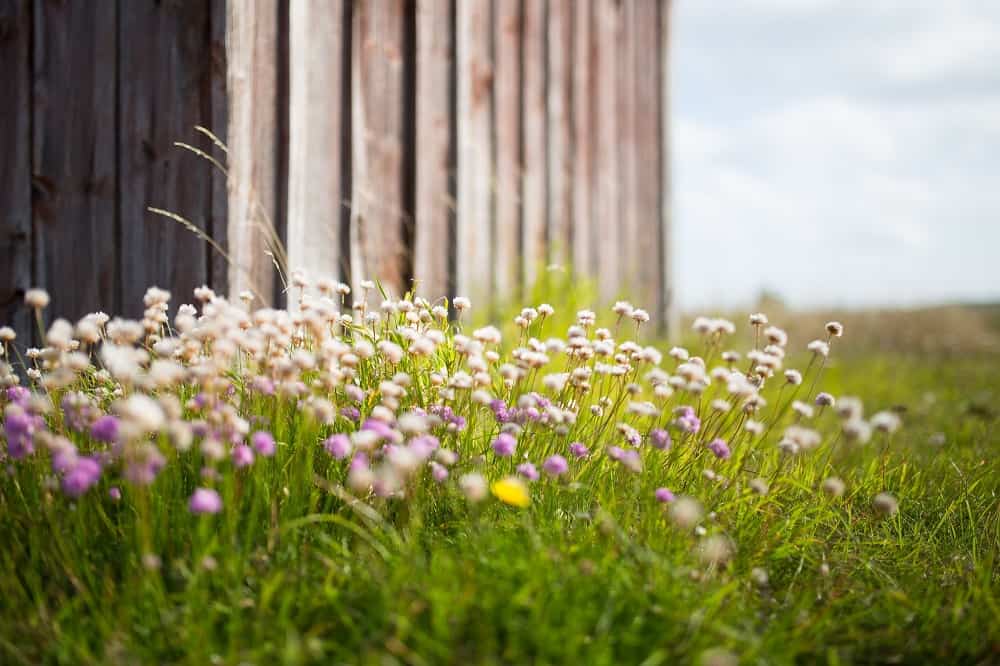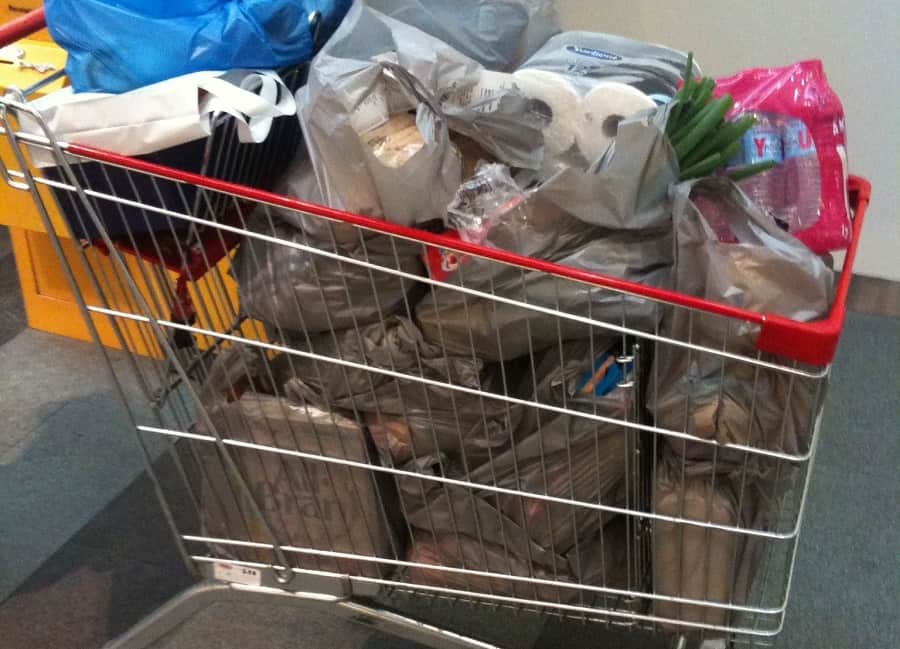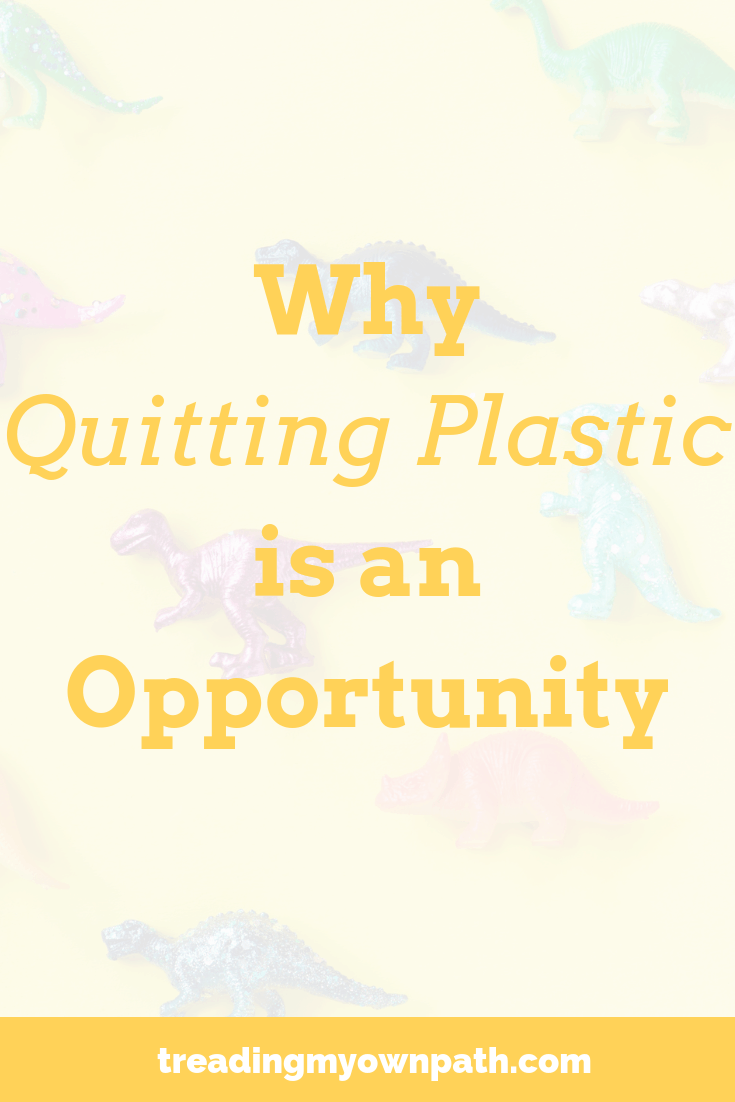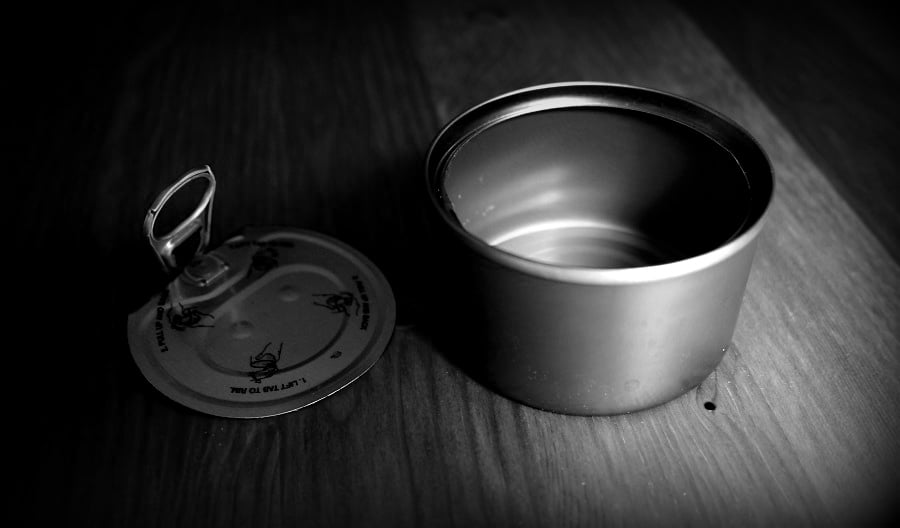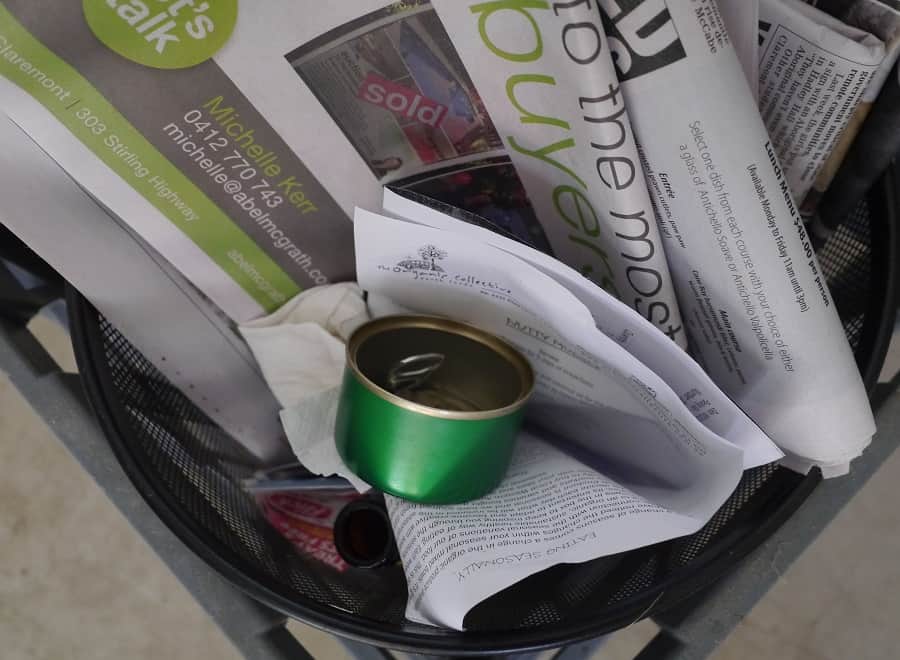Zero-Waste, Minimalism… & Why I Won’t Talk about Money-Saving
I passionately believe that living a zero waste and minimalist lifestyle is something to strive for. It’s rewarding, fun and fulfilling. We live on a beautiful planet and must do what we can to protect it. These lifestyles provide challenges that encourage our creativity and build resilience; they teach us that as individuals, we can make a difference.
They reconnect us with the seasons, the local economy, with real food… and with each other. There are beautiful communities of people all over the world passionate about the idea of living with less. Simplifying and letting go of excess gives us time to spend doing the things that are truly important to us, and increases our happiness.
These are the reasons that I love this lifestyle; they are the reasons that I use to try to inspire others to join in. Money-saving is not among them. Here’s why.
When I stopped buying plastic in 2012 I never realised quite how life-changing it would be. For the first time, I began to question the choices I made unconsciously. I looked at my habits (such as the places I shopped, the stuff I bought and the reasons I bought it) and asked myself if they were in line with my values.
If I cared so much about the planet, why was I buying all this single-use packaging that created an enormous burden for the environment? If I believed in the local economy and the importance of supporting small independent businesses, why did I tend to shop at the supermarkets and department stores?
Somehow these behaviours had sneaked into my routine and become habits… and I was determined to un-learn them and create new ones that were aligned with the changes I want to see in the world.
The benefits that came were enormous. There’s a real satisfaction that comes with supporting businesses whose values align with your own. It feels good to care about something and know the choices you make (and the actions you take) are strengthening that cause, not weakening it.
I reconnected with my local community and met some amazing and inspiring people. I stopped buying junk and processed food; I stopped being such a sucker for marketing and buying the “special offers” or shiny new products with the tempting packaging.
I started buying real food that was nutritious and good for me. More whole foods, more fresh vegetables and lots of actual ingredients; less refined carbohydrates, less sugar and no synthetic preservatives. I cooked more from scratch and found I loved the creative process and journey of discovery: there are lots of things you can make at home quickly and simply.
My health and energy levels improved dramatically.
I also ditched the chemical-laden toiletries and cleaning products with unreadable ingredients, removing a lot of the clutter from my bathroom in the process. I sought out natural alternatives that came without all the packaging, or made my own (deodorant, toothpaste and cleaning products).
I reduced what I used down to a few products that have multiple uses.
Aside from cooking, and making personal care/cleaning products, I’ve learned a lot of other new skills. How to compost, grow veggies, how to sew (okay, I’m still on the very basics with that one). How to see beyond the greenwash and find answers rather than believing without question; how to get involved with local community groups, even how to use social media to share as I learn.
I’ve discovered a love of writing that motivates me every day to share my story and spread the message – you can live a happy, fun and fulfilling life in a way that doesn’t harm the planet.
As part of this journey, I learned to simplify. I figured out what was “enough” and let go of the excess. I found contentment with what I have, rather than chasing the next thing, or thinking “I’ll be happy when / if….”.
I no longer go to the shops when I’m feeling down to buy stuff I don’t need: I go for a walk outside, or chat to a friend, or cook up a storm in the kitchen (well, usually it looks like a storm has passed through when I’m done). That’s what makes me happy.
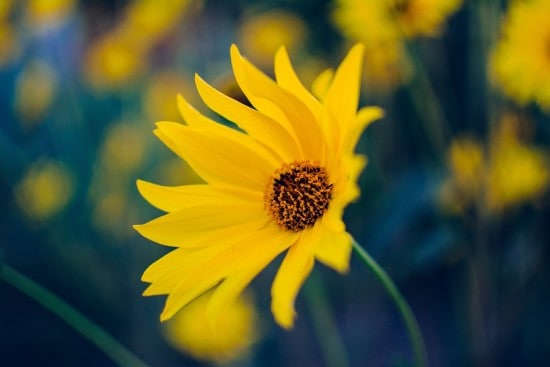
What it all comes down to is living a life in line with my values. I value nature and the environment; social justice and equality. I value being able to nurture my creativity, look after my health, and help others. Not only do I value these, but I find happiness and fulfilment in pursuing a life that is in harmony with them.
This is why I find this lifestyle so immensely rewarding.
I want to help others reconnect with their values too: figure out what they care about, and live a life that’s aligned to that. This is why I don’t talk about money-saving. I don’t think it fits. I don’t think it’s the reason that we pursue zero waste or minimalist lifestyles, and I don’t want to use it to try to encourage others.
Money-saving can be about making ends meet, stretching the budget, putting food on the table. It can be a necessity. But if we start to value money-saving beyond our needs, that’s valuing something different: it’s valuing wealth. Valuing wealth is at odds with the values behind zero waste and minimalism. It’s the pursuit of more [wealth] versus the pursuit of less (or enough). I could argue that money, wealth and profit-at-the-expense-of-the-environment are what got us into this mess in the first place…
Talking about money-saving makes me uncomfortable, because wealth is not a value I want to promote. I’ve made decisions in the past based solely on money, and I’m not proud. I know that they weren’t the right choices.
I’ve told myself that ethical is expensive, and allowed myself to put self-centred interest above standing up for and choosing what I believe in. (I’m happy and relieved to say that I don’t shop that way any more. I’m much more aligned with my values.)
Now, when I see wealth values acted out, it makes my heart sink. I’ve seen ugly commentaries regarding charity shops, with outrage at the fact that these shops are selling items for more than a couple of dollars. Where is the perspective? Charity shops don’t exist to provide bargains to thrifty shoppers. They raise funds for the poorest and most marginalised people in our society, relying on the kindness of donations and the manpower of volunteers to raise funds.
Money can bring out the worst in us, and I’d rather focus on things that bring out the best.
By living a zero waste minimalist lifestyle, I do spend less than I used to. It’s not the reason why I live this way: it is simply a by-product of changing my habits. I buy and consume far less. If it cost more, I’d still be living this way, because I’m not doing it for the money-saving benefits.
Telling people that living this way will save them money isn’t the whole story, and it does the movement a disservice. If they come in with the idea that they will save money without changing their habits, they’ll be sorely disappointed. Some parts of zero waste living do save money: stop buying bottled water, drink from the tap and save a fortune.
Others don’t: stainless steel is far more expensive than plastic. Overall, it may balance out… but only if you also change your lifestyle.
There are plenty of benefits to zero waste living and minimalism that are immensely rewarding, that make us better citizens and happier people. That’s where my focus lies.
I don’t want people to choose zero waste living or minimalism because they think they will save money. That’s not what it’s about. I want people to make these choices because they believe in their hearts that it is the right thing to do.
Now I’d love to hear from you! What are the benefits that you get out of pursuing a life with less? Were there any that you didn’t expect? What values resonate most strongly with you, and how does the way you live align with that? Have you ever put something ahead of your values, and how did it make you feel? What factors do you consider when you make choices? Do you disagree, and think that talking about money-saving has a valuable part to play, or do you agree that it’s best to stay clear on any mention of wealth and talk about other benefits? Anything else that you’d like to add? I really want to hear your thoughts so please leave me a comment!
[leadpages_leadbox leadbox_id=1429a0746639c5] [/leadpages_leadbox]

